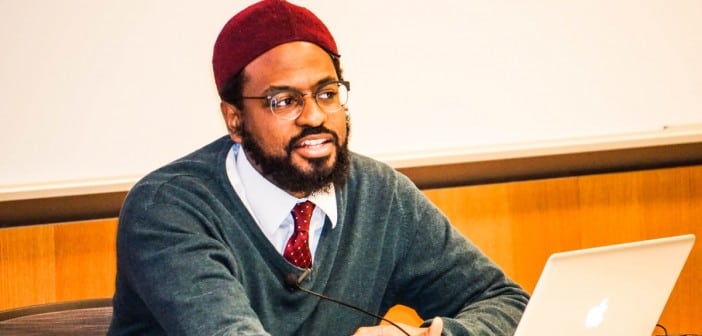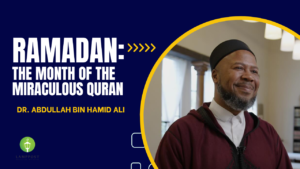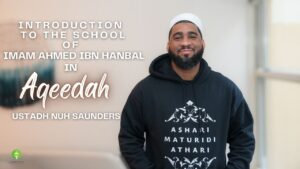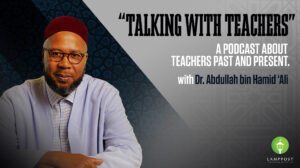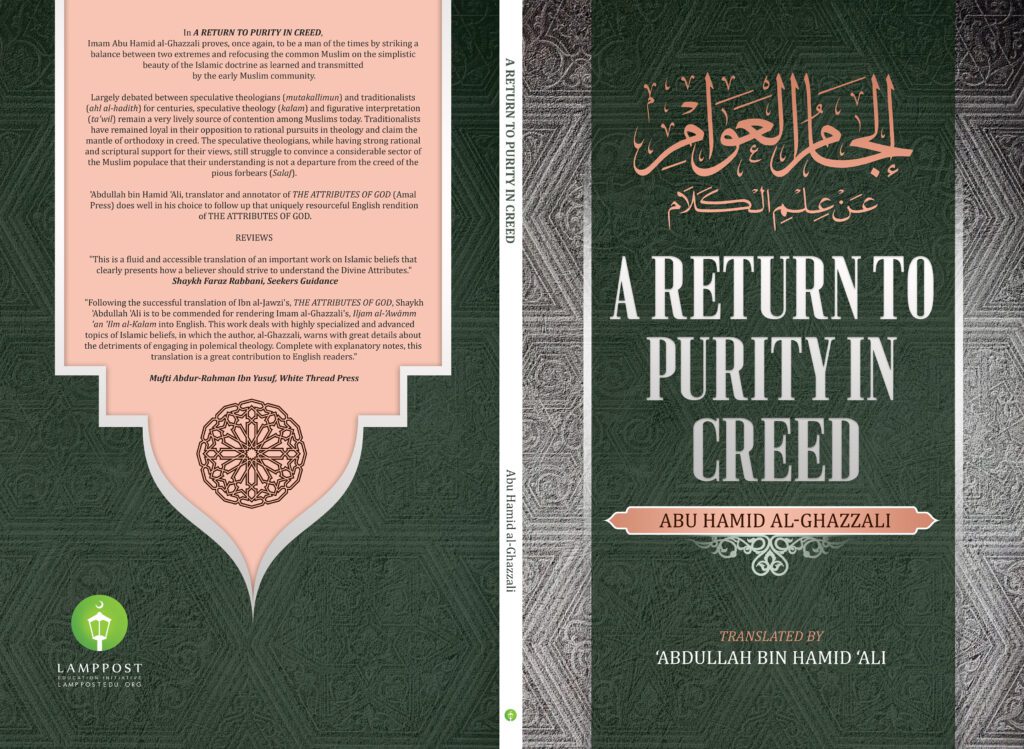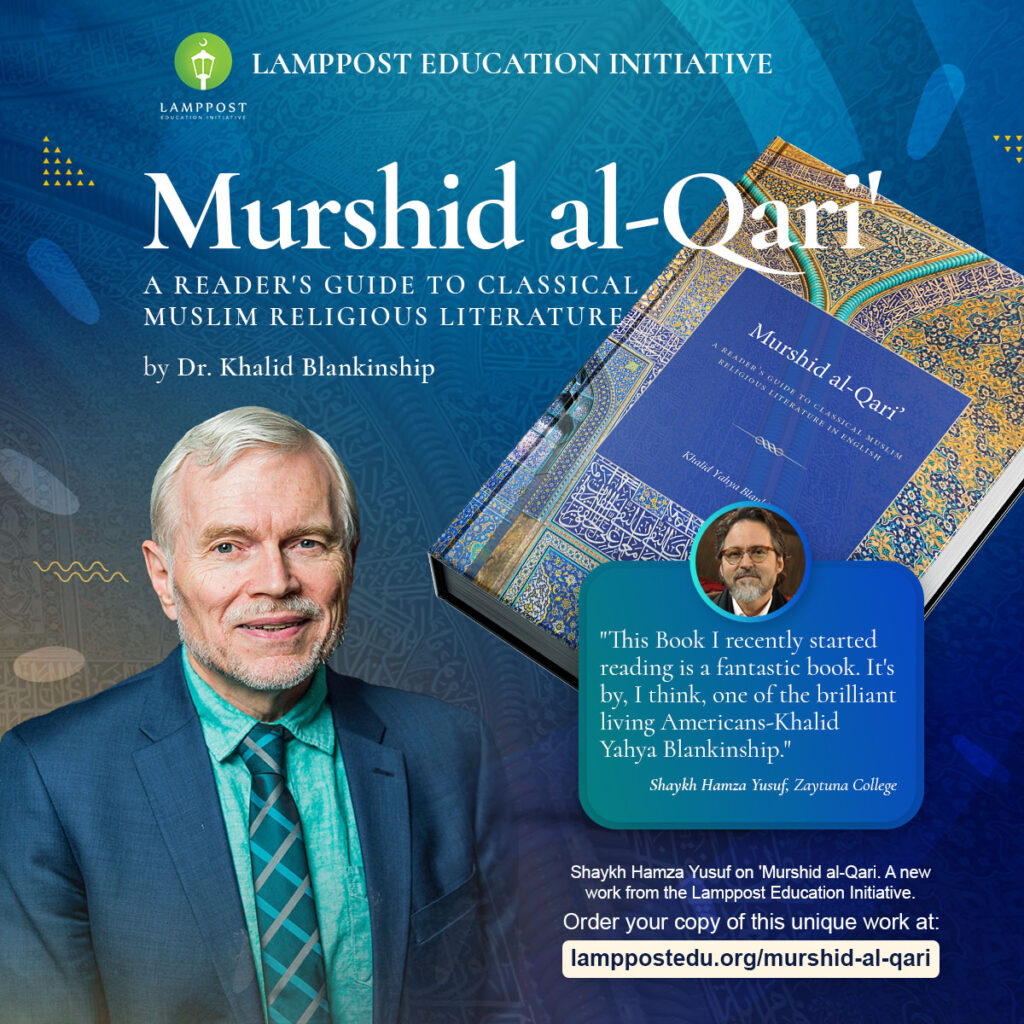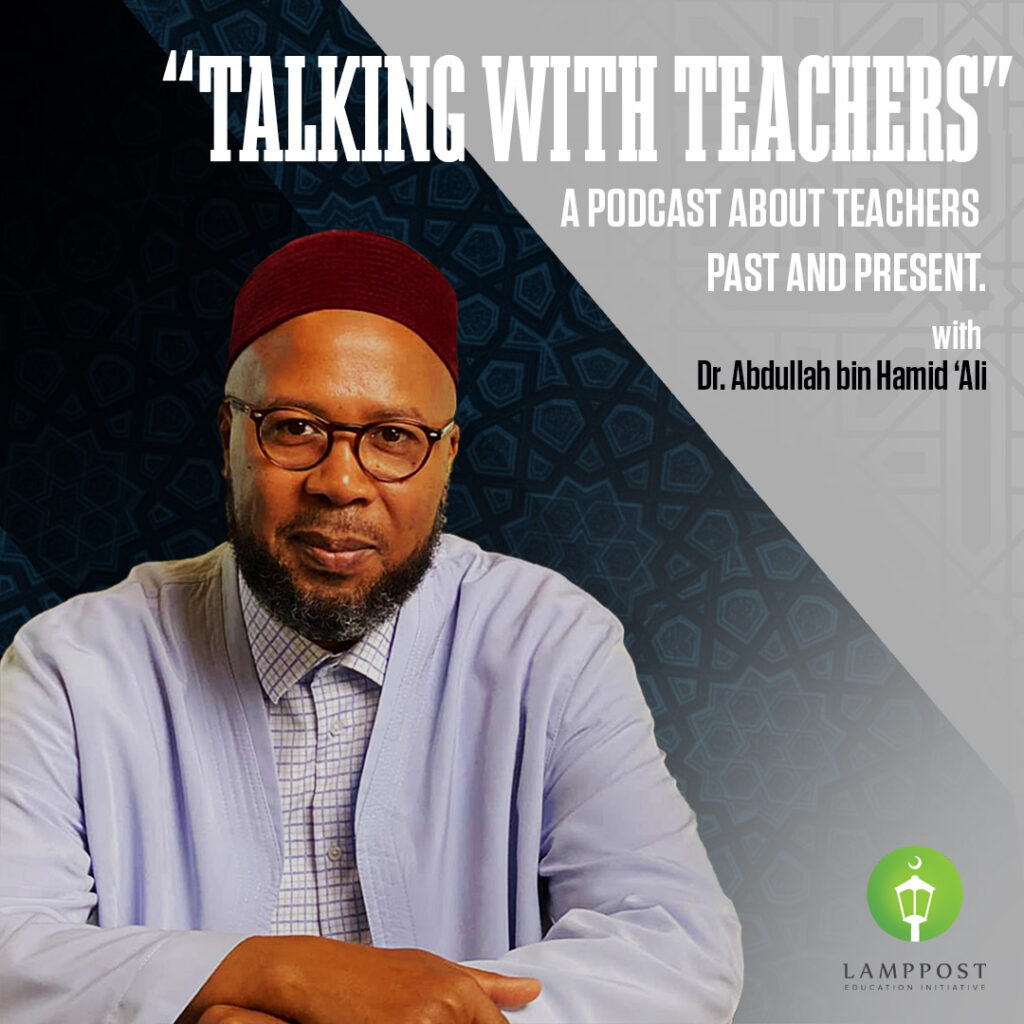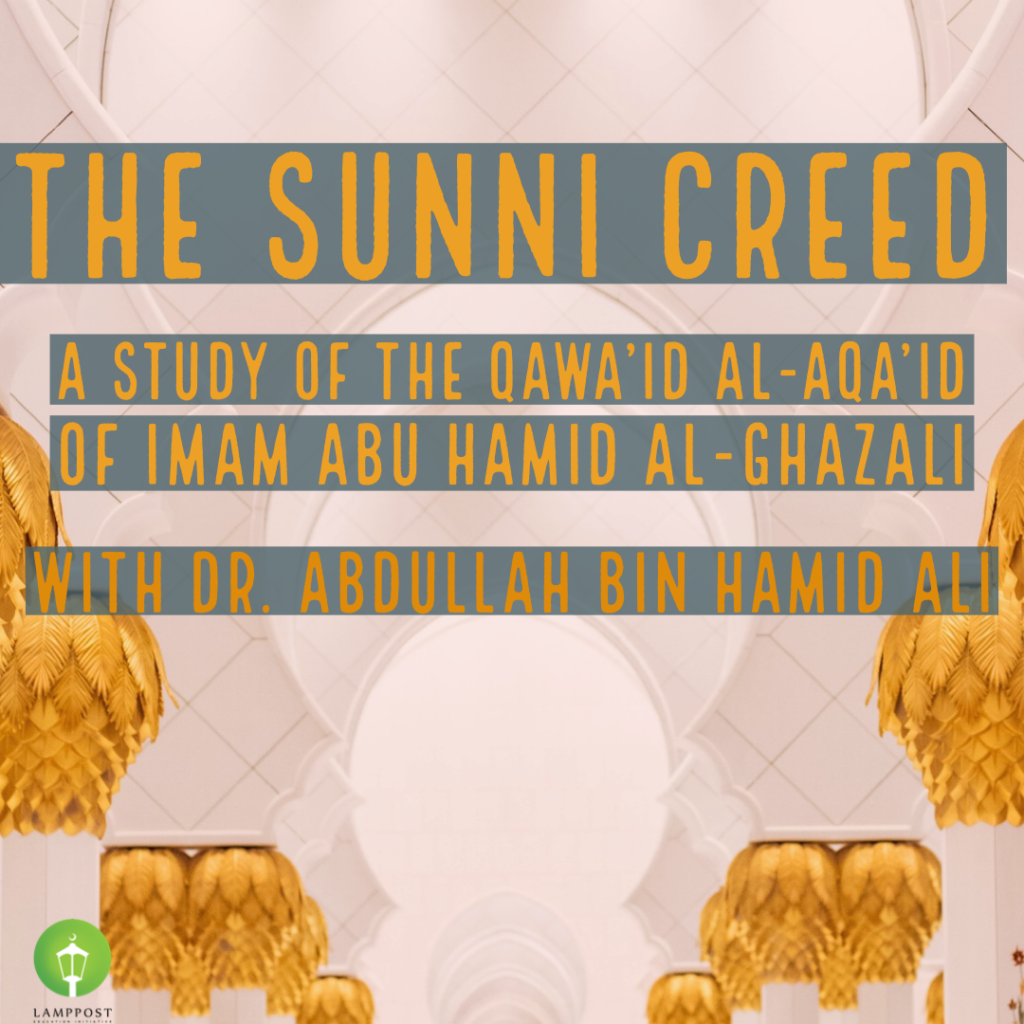“You can’t have self-determination without spiritual liberation”
Dr. Rasul Miller
As a part of Black History Month, Rasul Miller, a historian and Phd candidate at the University of Penn provides a look at Muslim African-Americans struggle for self-determination and spiritual liberation in America. This rich lecture explores African-American Islamic historical roots in West Africa. The impact of the trans-Atlantic slave trade and the Islamic influence on slave rebellions in the Caribbean and the US. Rasul Miller also explores the early proto-Islamic groups led by Noble Drew Ali and Elijah Muhammad in the early part of the 20th Century, as well as the early Sunni Muslim groups led by Dr Mohammed Izzuddin, Shaykh Daoud Ahmed Faisal and Mother Khadijah.
This lecture took place at the University of Pennslyvania in Philadelphia, Pa. Special thanks to the Muslim Students Association at UPenn.
This lecture covered the following topics:
- Self-Determination-It’s meaning
- Spiritual Liberation
- Muslim West Africa and it’s relation to the Trans-Atlantic Slave trade and self-determination
- Muslim slaves responses to slavery-rebellion, hijra, and the Maroons.
- the Seminoles of Florida-connection between Native Americans and Muslim self-determination
- the early proto-Islamic movements in the United States
- the work of early Sunni Muslim African-Americans towards self-determination
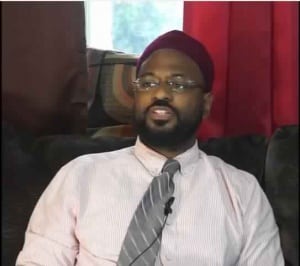
Dr. Rasul Miller
Dr. Rasul Miller has a PhD in the fields of History and Africana Studies at the University of Pennsylvania. He has taught courses in African and African American history at the University of Pennsylvania and Drexel University. He received his BA in Economics and African and African American Studies at Duke University. His research interests include Muslim movements in 20th century America and their relationship to Black internationalist thought and West African intellectual history.

